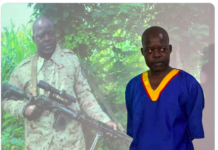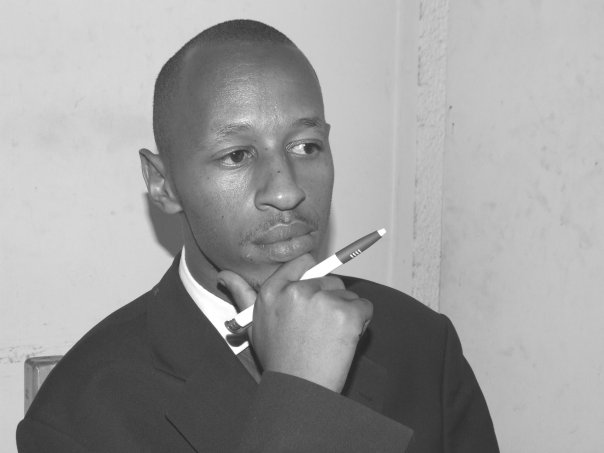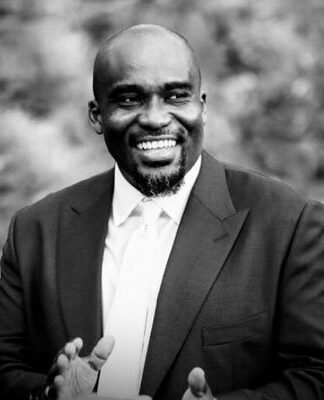Like with all other treaties, signitories to the International Criminal Court have a right to opt out. Such is provided for in the Vienna Convention on the Law of Treaties. Thus, Burundi and South Africa, by opting out of the ICC, are simply exercising their sovereign rights.
However, the reasons the two nations advance for leaving (add Rwanda, Uganda and DRC if you will for they may opt out soon), are less convincing to say the least. Should i remind folks that a contracting party to a treaty has no obligation to explain the motive of opting put? I guess not.
Africa’s strongmen say the ICC is a bully, all out for the wretched of the earth in Africa. They say ICC is a bulldozer over their heads. They say ICC infringes on sovereignity. But is this really the case?
Public international law lawyers will certainly disagree. Look, unlike domestic courts within a country, the ICC is in short of a police to effect arrest. Therefore the ICC relies on the godwill of contracting states.
This renders South Africa’s argument that ICC infringes on her sovereignty invalid. The South African parliament drafted and signed the ICC Act into law on 16 August 2002, making the provisions of the ICC’s founding treaty part of domestic law. The ICC therefore, did not infringe on South Africa’s sovereignty, as its opponents say: the ICC Act is domestic South African law, which is why a local South African court and judges tried to enforce al-Bashir’s arrest warrant.
Wait abit. The ‘OUT OF ICC CLUB’ suggest the court has free rein to target African leaders. Unfortunately, this reasoning is devoid of rationality and sense. In fact, the ICC has been set up as a court of last resort, meaning that it will only intervene if a local state is either unable or unwilling to prosecute serious human rights abuses.
And the facts contradict the claim that the ICC has been targeting African leaders in particular because the majority of ICC cases have been referred to it by African governments themselves.
In December 2003, Uganda became the first country to invite the ICC prosecutor to investigate the rebel Lord’s Resistance Army (LRA). Since then, the governments of the Democratic Republic of Congo, the Central African Republic and Mali have all asked the ICC to investigate grave human rights abuses within its territories.
The investigation in Kenya resulted from local political attempts to deal with the 2007/8 post-election violence. The investigation in the Ivory Coast has also been carried out with the agreement of the Ivorian government. Only Sudan and Libya have been referred to the ICC through the United Nations Security Council.
Unsaid or unseen by many, cases that are part of the ICC’s preliminary examinations are mostly from outside of the continent: Palestine, Honduras, Ukraine, Iraq, Afghanistan, Colombia and Georgia.
Besides these cases, there are also lobbies within a number of other countries like Syria, Myanmar/Burma and Mexico asking for the ICC prosecutor to launch investigations. And in the 1990s, before the ICC was set up, the international powers did set up a special tribunal, the ICTY, to try war crimes from the wars of the former Yugoslavia, resulting in dozens of cases and many convictions.
Bashir serms to have galvanised the anti-ICC crusade. But does the argument hold? Look, despite the rhetoric of Bashir hunt, attempts to arrest him largely come from within Africa. Some examples:
Kenya issued an arrest warrant for al-Bashir in November 2011, as a result of his indictment by the ICC, In 2012, an African Union summit had to be moved from Malawi to Ethiopia, after Lilongwe said it would arrest al-Bashir if he entered the country, In 2013 al-Bashir fled Nigeria soon after arriving for an AU meeting, after local activists tried to get a court to issue an arrest warrant.
Equally puzzling is the argument of trying alleged criminals in Africa. Has the ICC forbidden that? Throughout the debate around al-Bashir, the South African government and the AU have called for the establishment of an African court to try major human rights cases. This ignores the fact that domesticating the Rome Statute allows African signatories to set up tribunals to try international crimes.
Even as leaders of the AU urge its members to not to cooperate with the ICC, African survivors – ordinary citizens – are pushing for international justice. In July, a Senegalese court will start the trial of former Chadian ruler, Hissène Habré, accused of crimes against humanity, torture and war crimes. The court chambers were inaugurated by Senegal and the AU in 2013 to prosecute mass human rights abuses during Habré’s rule.
Verdict: Let’s get it clear: The momentum of African gov’ts to opt out of the ICC is not beyond the usual political rhetoric they feed us on.
Didas Gasana





























































